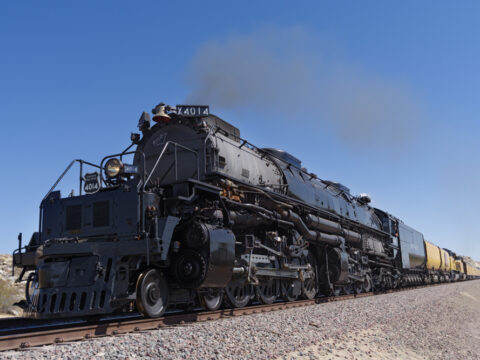Automotive design is a realm of subjective opinions, where beauty lies in the eyes of the beholder. In the world of SUVs, some designs have managed to elicit strong reactions and divide public opinion like no other. These SUVs dare to defy conventional aesthetics, challenging the notion of what is considered visually appealing. This article delves into unconventional ugliness and explores the 10 most polarizing SUV designs ever. From daring experiments to questionable choices, these vehicles have left an indelible mark on automotive history, sparking debates about their unconventional and divisive designs.
Contents
Pontiac Aztek (2001-2005)
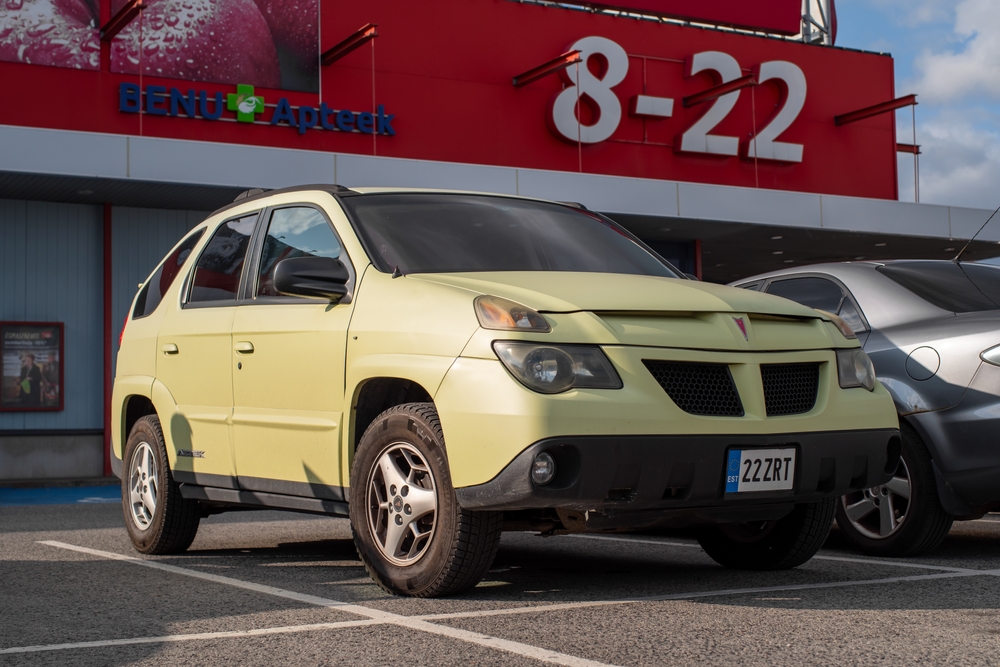
The Pontiac Aztek is often regarded as one of the ugliest SUVs ever. Its unconventional, polarizing design, characterized by its disjointed front-end styling and bulky proportions, was criticized for its lack of cohesive aesthetics.
SsangYong Rodius (2004 – Present)
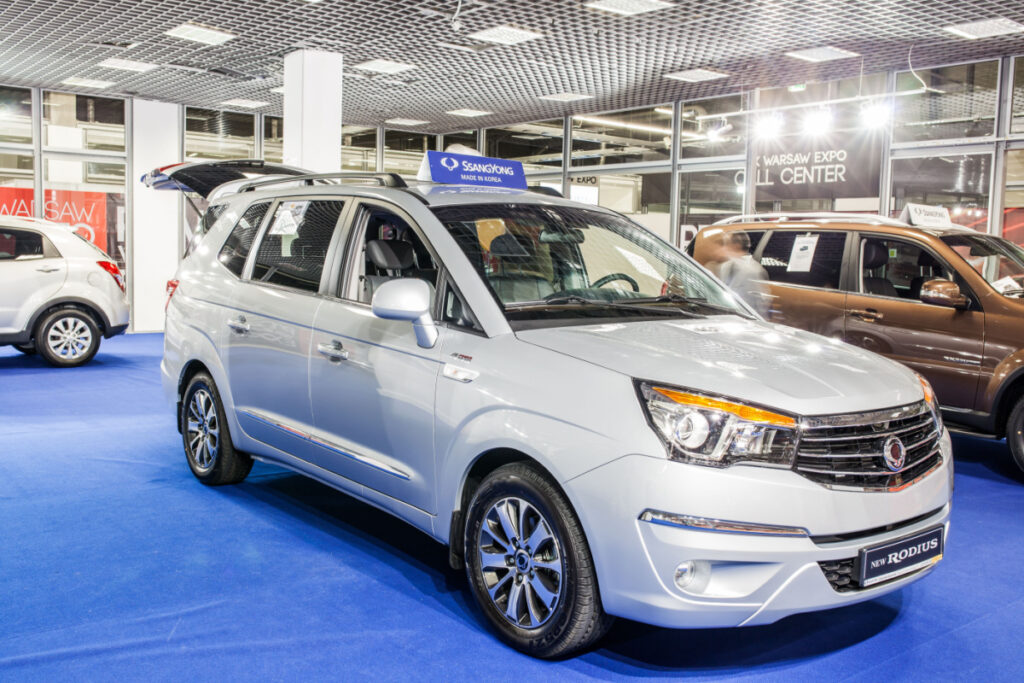
The SsangYong Rodius, also known as the Stavic, has a polarizing design due to its bulbous shape, oversized grille, and unconventional proportions. Its unique appearance has divided opinions on its aesthetic appeal.
BMW X6 (2008-Present)
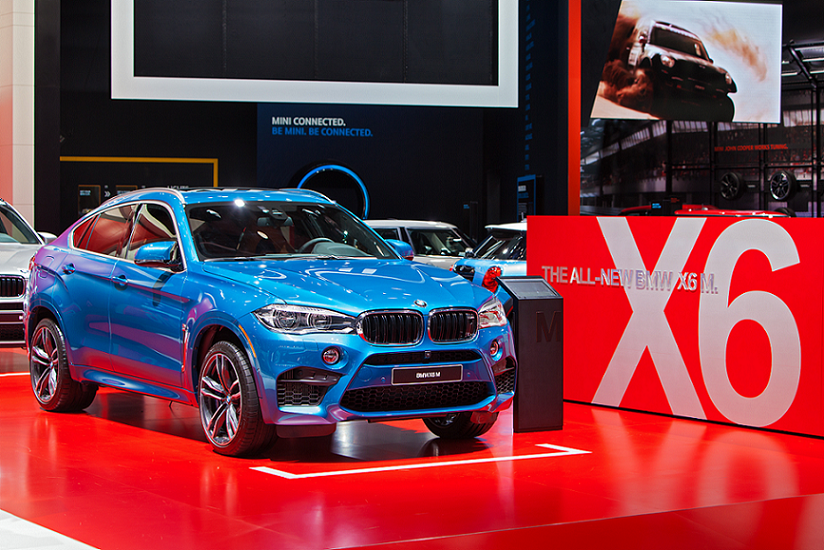
The BMW X6 is a sporty SUV that has received mixed opinions on its design. Some argue that its sloping roofline compromises practicality and creates an awkward profile, while others appreciate its unique and aggressive stance.
Jeep Cherokee (2014-Present)
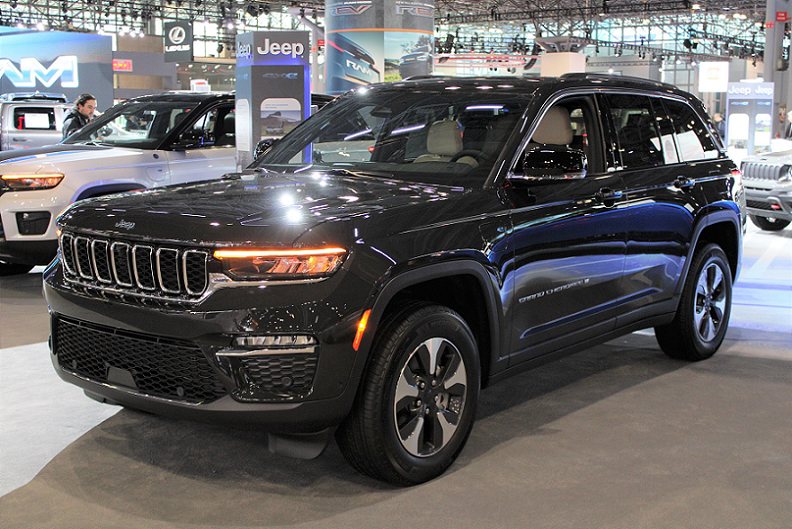
The Jeep Cherokee’s front-end design has been controversial, featuring split headlights and a prominent grille. Some find the unconventional styling unappealing, while others appreciate its distinctive look.
Suzuki X-90 (1995-1997)
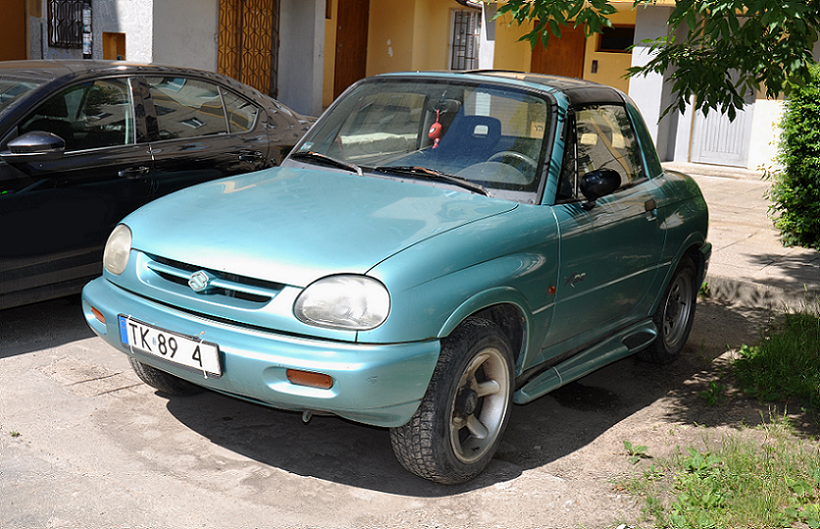
The Suzuki X-90’s compact size and unusual styling elements, such as its short, stubby proportions and removable T-top roof, have led to mixed opinions on its aesthetics, with some considering it unattractive.
Honda Crosstour (2010-2015)
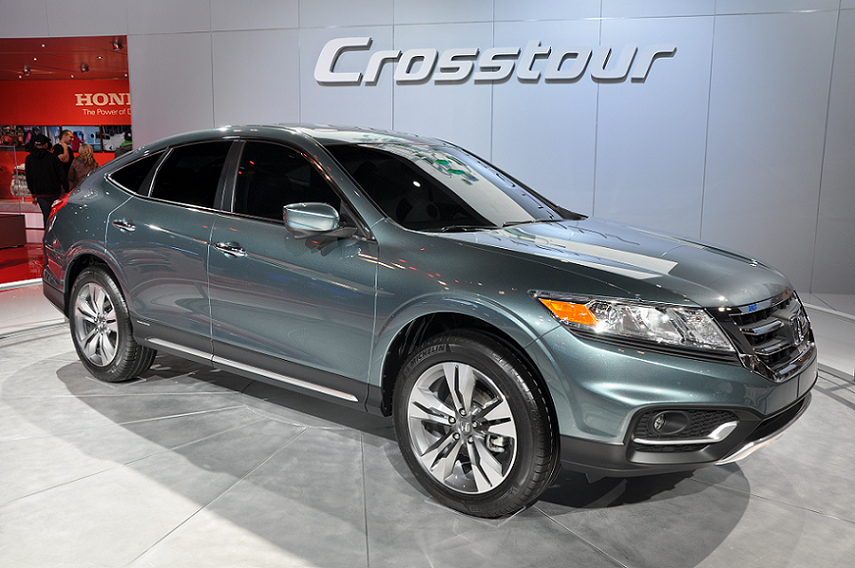
The Honda Crosstour’s design has been criticized for its bulbous rear end and sloping roofline, which detractors argue compromised its overall appearance and functionality as an SUV.
AMC Eagle (1980-1988)
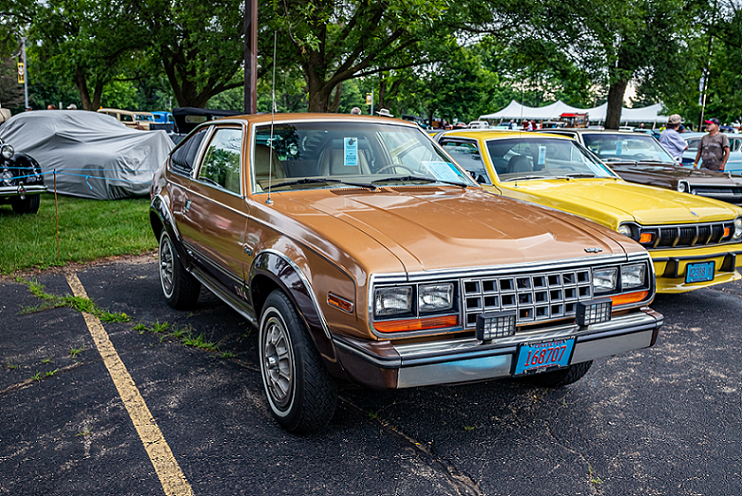
The AMC Eagle, although one of the early pioneers of the crossover SUV segment, has a design that some find outdated and unattractive. Its boxy shape and prominent wheel arches have been cited as factors contributing to its perceived lack of appeal.
Subaru Baja (2003-2006)
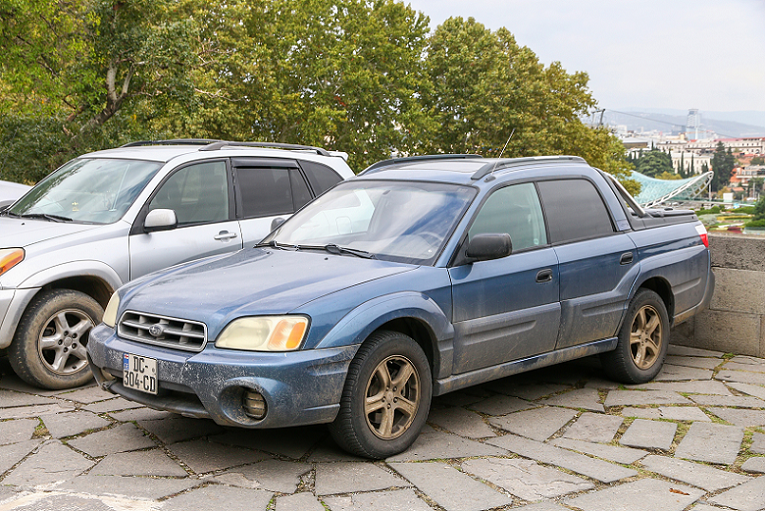
The Subaru Baja, a quirky compact pickup truck-based SUV, has been criticized for its unusual body design, featuring a short cargo bed and a small rear passenger area. Its unconventional appearance has divided opinions.
Isuzu VehiCROSS (1997-2001)

The Isuzu VehiCROSS’s unique and futuristic design, pronounced fender flares, and aggressive styling has been polarizing. While some appreciate its distinctiveness, others find its unconventional appearance unappealing.
AMC Pacer (1975-1980)
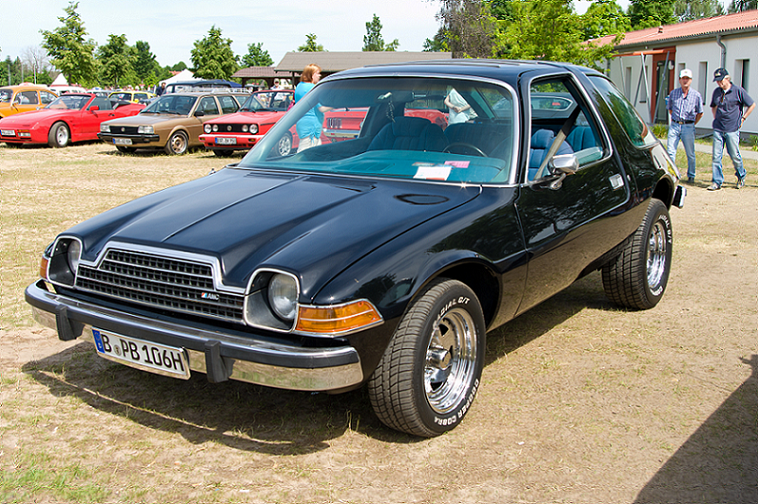
Although technically a hatchback rather than an SUV, the AMC Pacer is often mentioned in discussions of unattractive vehicles. Its rounded, bubble-like shape and large glass area have made some consider it aesthetically unpleasing.
This article originally appeared on MyCarMakesNoise.
More from MyCarMakesNoise
The 13 Most Reliable Electric Cars According To Consumer Reports

In the ever-evolving world of electric vehicles (EVs), reliability remains a top priority for buyers. Consumer Reports has rigorously tested numerous models to identify the most dependable EVs on the market today. Read More.
20 Timeless American Muscle Cars Holding Their Value

Muscle cars, with their powerful engines and iconic designs, represent a classic era of American automobiles. This article looks at these legendary cars that have increased in value over time, highlighting their appeal as both investments and cherished collectibles for enthusiasts and collectors. Read More.
The World`s 20 Longest Non-Stop Flights

In the world of commercial aviation, long-haul flights represent the pinnacle of endurance, engineering, and passenger service. These journeys, often spanning continents and oceans, connect distant cities across the globe, facilitating business, tourism, and cultural exchange. Read More.


